Why do skin care products contain alcohol for its antimicrobial properties and ability to enhance penetration of other ingredients? Alcohol also acts as a preservative and can give products a quick-drying finish.
Navigating the world of skin care products can be a daunting task, especially when deciphering ingredient lists. Alcohol is a common component you’ll likely encounter, and it serves several purposes. Beyond its antimicrobial benefits, alcohol can be a vehicle for other active ingredients, helping them to absorb more effectively into the skin.
Manufacturers often include it in formulas to preserve the integrity of the product, extending shelf life and maintaining efficacy. For products that aim to leave skin feeling weightless, alcohol can impart a desirable evaporative quality, resulting in that coveted non-greasy, matte finish. As consumers become more ingredient-savvy, recognizing the multi-faceted role that alcohol plays in skin care can inform better product choices for individual skin types and concerns.
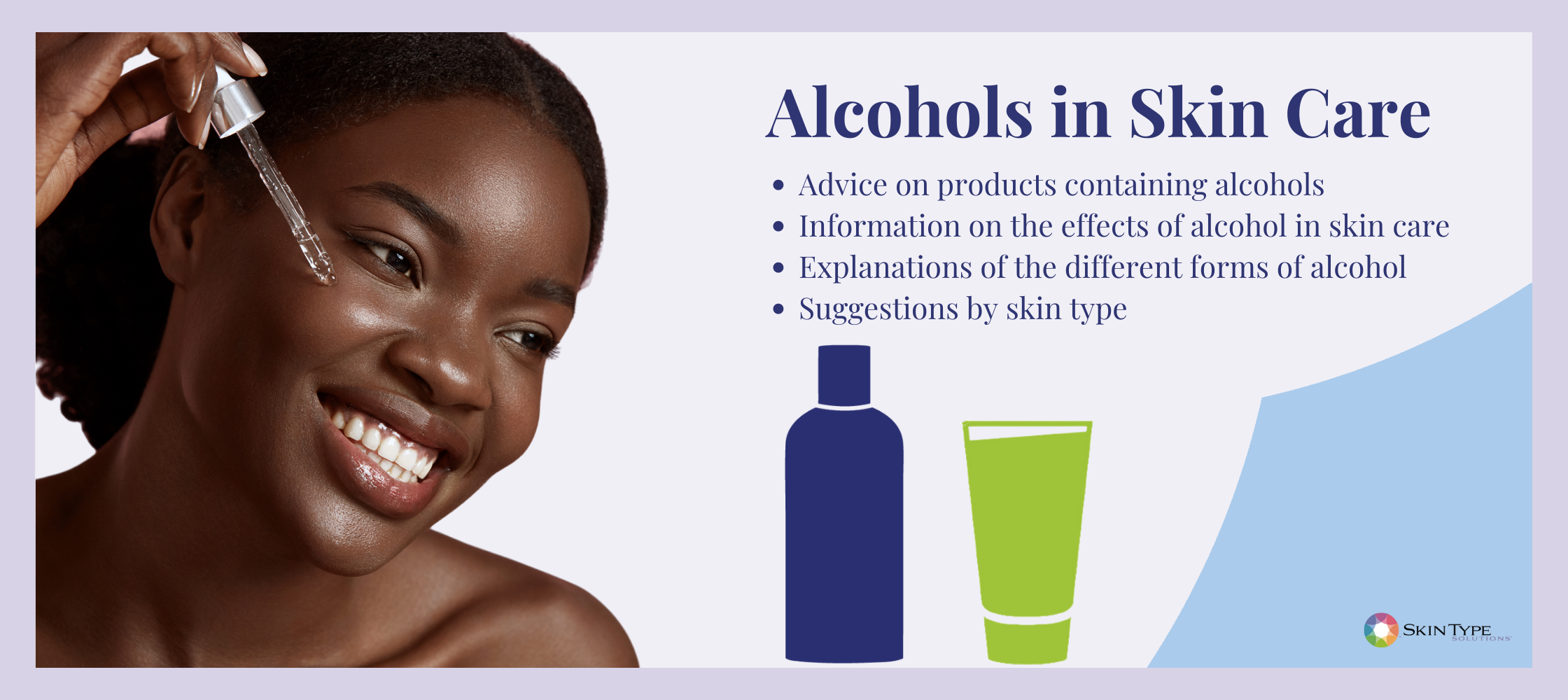
Credit: skintypesolutions.com
Alcohol In Skin Care: The Basics
Many skin care products contain alcohol. But why? Alcohol acts fast to cleanse the skin. It can also help skin care products to feel lighter, absorb quicker, and stay fresher, longer. Let’s dive into the different types and common misunderstandings related to alcohol in skin care.
Different Types Of Alcohol Used
Not all alcohols are created equal. Two major kinds are:
- Fatty alcohols: These are moisturizing. They are found in creams and lotions. Examples include cetyl, stearyl, and cetearyl alcohol.
- Simple alcohols: These are used for drying out and sterilizing. They are in toners and cleansers. Examples are isopropyl, ethyl, and denatured alcohol.
Common Misconceptions
Some people believe alcohol in skincare is always bad. This is not true.
- Fatty alcohols are quite gentle and help the skin stay soft.
- Simple alcohols can sometimes dry the skin but they are effective cleaners.
It’s important to choose the right product for your skin type. Reading ingredient labels helps you understand what each alcohol does in your skin care.

Credit: www.everydayhealth.com
The Functions Of Alcohol In Products
When we peel back the labels on our favorite skin care products, we often find alcohol listed among the ingredients. Understanding why manufacturers use alcohol can shed light on how our skin care products work.
As A Solvent
Alcohol acts as a powerful solvent in the beauty industry. It means that alcohol can dissolve ingredients that might not mix well otherwise. This feature allows for smoother, more consistent textures and ensures that the active components are evenly distributed throughout the product.
Antiseptic Properties
- Cleanses the skin: Alcohol can remove dirt and oil, making it a great cleanser.
- Prevents bacterial growth: This function keeps the products safe to use for longer periods.
Enhancing Absorption
Alcohol can make the skin’s outer layers more permeable. It means that key ingredients can penetrate more deeply and work more effectively. This property is especially beneficial in products aiming to treat the skin with specific active compounds.
Pros And Cons Of Alcohol In Skin Care
The debate around the use of alcohol in skin care products is as lively as ever.
People often question its presence in their favorite toner or moisturizer.
Let’s peel back the label and look closely at the benefits and drawbacks.
Benefits For Oily Skin
- Reduces oiliness: Evaporates quickly, taking excess oil with it.
- Antiseptic properties: Helps in preventing acne-causing bacteria.
- Enhances penetration: Allows other ingredients to absorb better.
Potential Drying Effects
Strips away natural oils: Can leave skin parched and tight-feeling.
Overuse might lead to disturbed skin barriers, risking irritation.
Impact On Sensitive Skin
Provokes redness and stinging: Not ideal for easily upset skin.
Potential allergic reactions: Some may develop contact dermatitis.
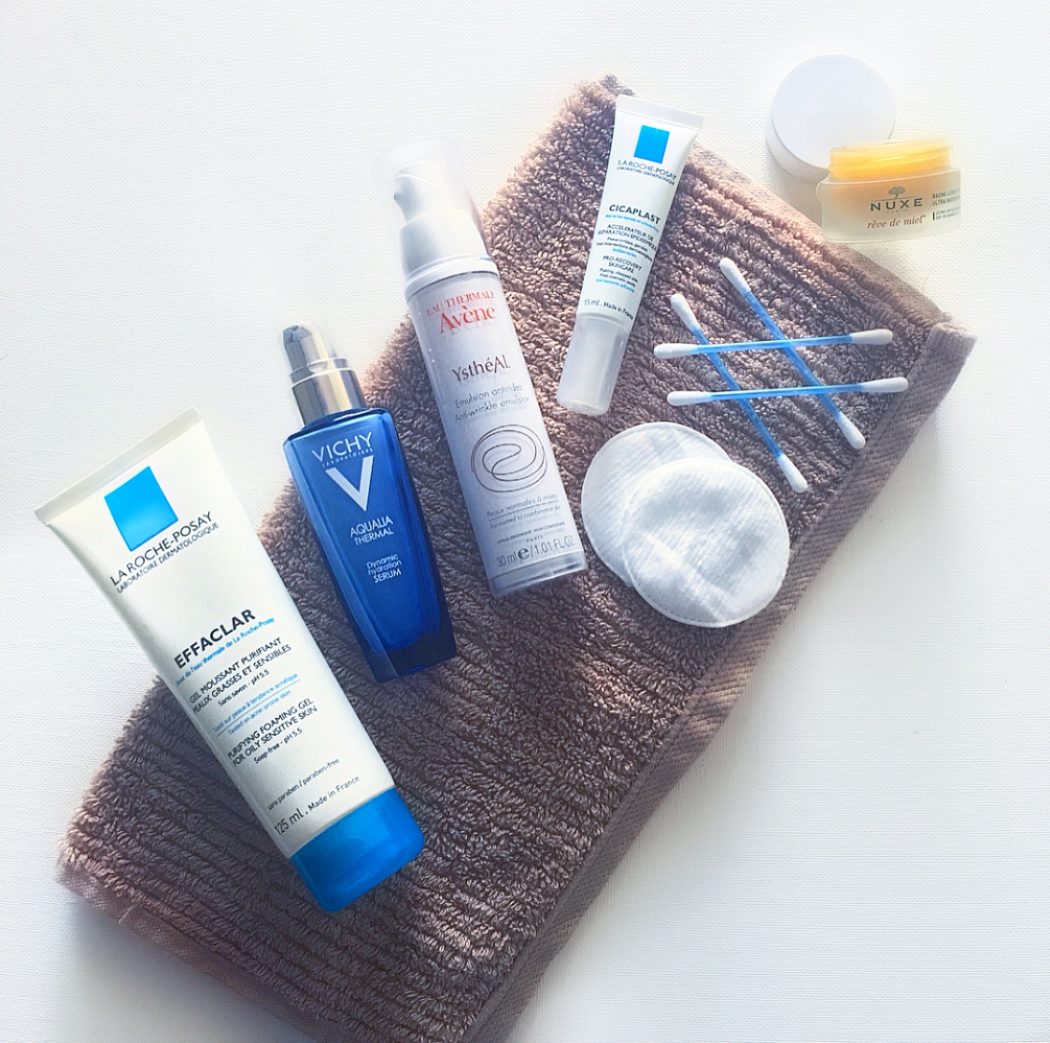
Credit: beautyandthebeing.com
Debunking Myths About Alcoholic Components
Alcohol often gets a bad rap in skincare. Misunderstandings are common when it comes to why alcohol appears in our lotions and potions. This section dives into the science and myths surrounding alcohol in skincare, aiming to clarify its role and dispel concerns.
Alcohol Denat And Irritation
One common myth is that alcohol denat, a type of denatured alcohol, is harsh and irritating for all skin types. In reality, while alcohol denat can cause dryness, formulation is key. The right mix of ingredients can offset potential irritation. Not all alcohol denat is a red flag. It effects depend on skin type and product concentration. Remember, it helps ingredients to penetrate or preserve products.
Alcoholic Content And Ageing
Fears around alcohol causing skin ageing persist. However, this overlooks a critical factor – the type of alcohol used. Some alcohols, like simple ethyl or isopropyl, can be drying if used excessively. But fatty alcohols, such as cetyl, stearyl, and ceryl alcohol, often soothe and moisturize. A product’s formula can leverage these beneficial alcohols to support skin health, rather than contribute to ageing.
Identifying Safe Concentrations
Scanning labels for alcohol content can be confusing. To ensure safety and efficacy, look for transparent brands. They balance alcoholic components well within their formulas. Notably, products designed for disinfection or acne treatment may have higher concentrations. Yet, they are crafted for specific, short-term use. For daily skincare, lower alcohol concentrations or fatty alcohols are signs of a gentle and safe product.
Choosing The Right Products For Your Skin
Choosing the right skin care products is vital for maintaining healthy, radiant skin. The presence of alcohol in skin care can confuse many shoppers. Understanding why alcohol is used and how it affects the skin helps make informed choices.
Reading Ingredient Labels
Labels reveal the secrets of skincare products. Always check the alcohol content. Types of alcohol differ:
- Fatty alcohols can be moisturizing.
- Simple alcohols might dry or irritate skin.
Decode the label by learning common alcohol names, like ethanol or isopropyl alcohol.
Consulting A Dermatologist
Professional guidance matters. Dermatologists understand
- How alcohol affects different skin types.
- Which products suit your skin’s unique needs.
An appointment can clarify any concerns regarding alcohol in skincare.
Alcohol-free Alternatives
Many brands offer alcohol-free options. Research for ingredients that nurture the skin:
| Ingredient | Benefit |
|---|---|
| Aloe Vera | Hydrates |
| Glycerin | Attracts moisture |
| Plant Oils | Nourishes |
Seek products with these gentle yet effective ingredients.
Navigating The Industry: Regulation And Standards
Understanding the maze of beauty product regulations ensures you select safe and effective skincare. Alcohol in these products has specific roles. This includes enhancing texture and absorption. Yet, the use of alcohol in skincare sparks debates. With a focus on safety, let’s explore industry standards and approvals for skincare alcohol content.
Industry Regulations On Alcohol Use
Various organizations oversee skincare product safety. Their guidelines often determine the types and amounts of alcohol used in products. Below are key points touching on industry regulations:
- Alcohol Types: Not all alcohols are equal. Regulations often differentiate between simple alcohols like ethanol and fatty alcohols like cetyl alcohol.
- Concentration Limits: Regulatory bodies set maximum allowable concentrations for alcohols. This ensures that products do not cause harm.
- Labelling Requirements: Brands must clearly list alcohol in ingredients. This transparency lets consumers make informed choices.
- Safety Assessments: Products containing alcohol undergo safety evaluations. Independent testing ensures compliance with legal standards.
Certifications And Seal Of Approval
Trust marks and certifications provide added assurance about the safety and quality of skincare products. They play a crucial role in guiding consumer trust. Here’s what you need to know about these approvals:
| Certification | Focus Area | Significance |
|---|---|---|
| Ecocert | Organic and natural ingredients | Products meet strict environmental and health criteria. |
| USDA Organic | Ingredient sourcing | Confirms the use of USDA-approved organic ingredients. |
| FDA Approval | Safety and efficacy | Indicates compliance with the US Food and Drug Administration standards. |
Look for these seals to ensure your skincare choices are vetted and verified. This extra step can make a significant difference in your skincare routine.
Frequently Asked Questions For Why Do Skin Care Products Contain Alcohol
Is Alcohol In Skincare Products Safe?
Alcohol in skincare is generally considered safe in small amounts. It’s used as a solvent, antiseptic, and astringent. However, large quantities may dry out the skin or cause irritation, especially in individuals with sensitive skin or certain skin conditions.
Why Is Alcohol Used In Skin Products?
Alcohol acts as a preservative, helps ingredients penetrate the skin, and creates a quick-drying finish. It also helps to thin out formulas, making them lighter and more spreadable. Additionally, alcohol can help disinfect the skin surface and reduce bacteria.
What Types Of Alcohol Are In Cosmetics?
Cosmetics may contain simple alcohols like ethanol or isopropyl alcohol, or fatty alcohols such as cetyl, stearyl, and cetearyl alcohol. Fatty alcohols are non-drying and can actually be moisturizing, serving as emollients in skin care products.
Can Alcohol In Products Cause Skin Damage?
Prolonged use of high concentrations of simple alcohols can strip the skin’s barrier, leading to dryness and irritation. It’s important to use alcohol-containing products in moderation and to know your skin type and how it reacts to such ingredients.
Conclusion
Understanding the role of alcohol in skin care formulations is key to making informed choices. It serves as a preservative, enhances ingredient absorption, and can offer a refreshing sensation. Select products with alcohol sensibly, considering your skin’s needs and tolerance.
Embrace education in your beauty routine for radiant, healthy skin.


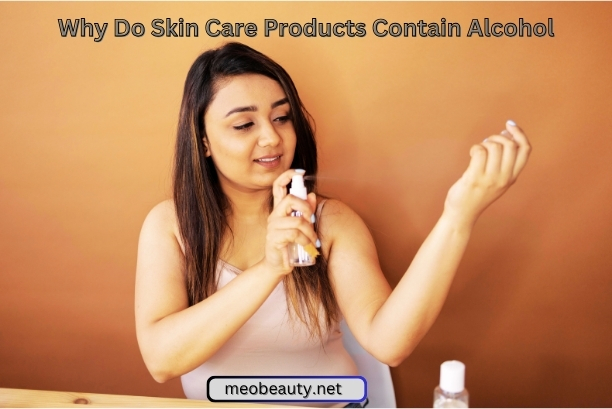



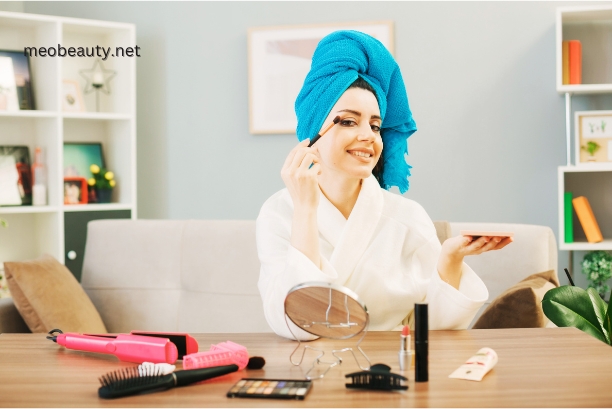
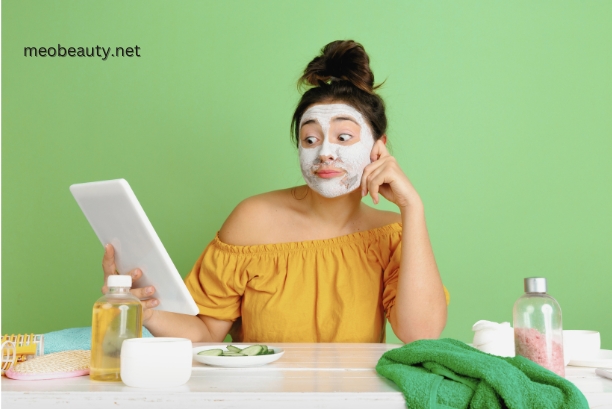
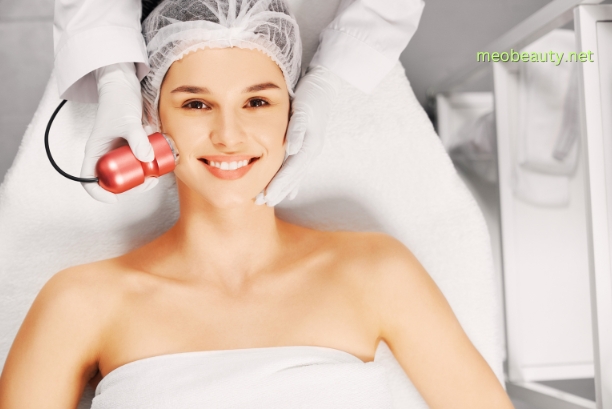
Leave a Reply